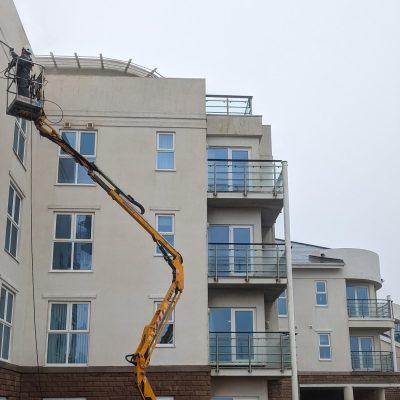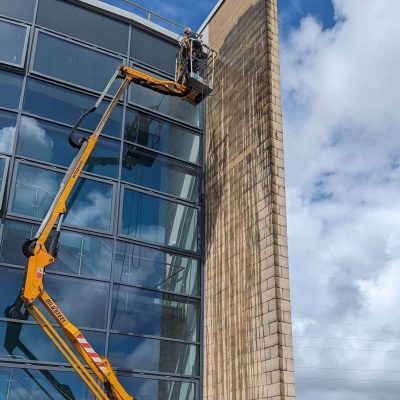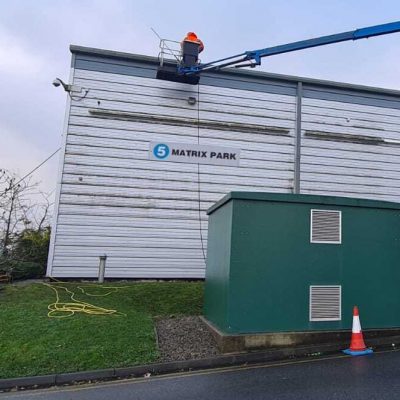Two of the most common training schemes for MEWP operators in the UK – IPAF and PASMA. But what exactly do these schemes entail and how do they differ?
In this blog post, we’ll break down the key differences between IPAF and PASMA to help you determine which type of training is most suitable for your needs.
What is IPAF?
IPAF stands for International Powered Access Federation. It is the world’s leading body for the mobile elevating work platform industry.
IPAF aims to promote the safe and effective use of MEWPs worldwide through:
- Training and certifying operators to use MEWPs safely
- Setting technical and safety standards for MEWP manufacturing and use
- Providing guidance and advice on all aspects of MEWP operation
IPAF offers several categories of operator training courses covering most types of MEWPs like scissor lifts, boom lifts, mast lifts and more. Upon successful completion of a training course, operators receive a PAL Card as proof of certification.
IPAF training is available across the UK through a network of approved training centres. Courses generally take 1-2 days depending on the category and consist of theory sessions, practical exercises, and assessments.
What is PASMA?
PASMA stands for Prefabricated Access Suppliers’ and Manufacturers’ Association. It is the trade body for the mobile access tower industry in the UK and Europe.
PASMA aims to raise standards for the safe use of mobile access towers also called mobile scaffold towers by:
- Providing operator training courses on assembling, altering, and dismantling mobile access towers
- Publishing safety guidance for using mobile access towers
- Inspecting and auditing members’ mobile access towers
PASMA offers two types of operator training:
- Low Level Access – for working up to 4m high
- Towers for Users – for working over 4m high
After passing the training, operators receive a PASMA card as proof of competency. PASMA courses typically take 1 day and cover theory, demonstrations, practical exercises, and an assessment.
Key Differences Between IPAF and PASMA
Now that we’ve learned what IPAF and PASMA are, let’s move on to the key differences:
| Feature | IPAF | PASMA |
| Equipment Covered | self-propelled MEWPs like scissor lifts | non-powered equipment like mobile access towers |
| Global scope | Global | Predominantly UK/Europe focused |
| Training categorisation | By equipment type | By working height |
| Proof of training | PAL Card | PASMA card |
The cards are not interchangeable.
When is Each Type of Training Required?
- IPAF training is mandatory for anyone operating a scissor lift, boom lift, or other self-propelled MEWP. It’s often a legal requirement for construction sites and other industries.
- PASMA training is essential for any person responsible for assembling, using, altering or dismantling a mobile access tower. It’s a PASMA requirement for buying or hiring towers.
- For working on mobile access towers above 4m, PASMA Towers for Users training is recommended but not an actual legal requirement.
- For low-level work below 4m on mobile access towers, PASMA Low Level Access training is best practice but not mandatory.
So in summary:
- IPAF training is a must for powered MEWPs
- PASMA training is advisable but not always legally required for mobile access towers
- There are no overlaps between the scopes of the two schemes – they cover complementary equipment types.
Ideally, workers should hold both IPAF and PASMA qualifications where relevant to cover all bases. Some companies choose to provide both types of training to their staff for maximum flexibility.
But at a minimum, ensure you select training appropriate to the equipment being used and height worked at to comply with legal duties and ensure operator competence.
Staying Qualified
Once trained, it’s important for operators to maintain their qualifications through refresher courses:
- IPAF PAL Cards require renewal every 5 years
- PASMA cards are valid for 5 years (3 years for Towers for Users)
Refresher training ensures operators keep their skills and knowledge up to date as regulations and best practices evolve over time.
Most MEWP and tower manufacturers also recommend additional familiarisation training when transitioning to new or unfamiliar models.
Closing Thoughts
IPAF and PASMA serve complementary roles in ensuring the competence of workers using different types of access equipment.
Understanding the differences between the two schemes helps managers, supervisors and individual workers make informed decisions on the type and level of training required.
With robust IPAF and PASMA training regimes in place, companies can ensure their teams work safely and efficiently at height while remaining qualified, certified and legally compliant.



